As Marion Cotillard turns 40, she’s in an enviable position. The French actress hasn’t just evaded typecasting—she manages to surprise fans with each new role.
Part of it is that she has next to no actual persona: Cotillard reveals little about her life in the press, preferring to dig deep into work with some of the world’s top directors. She also tends to veer from what’s expected of an Oscar-winner, taking on projects smaller or stranger than her contemporaries might. Here are some of the roles that have defined her as indefinable.
La Vie En Rose, 2007
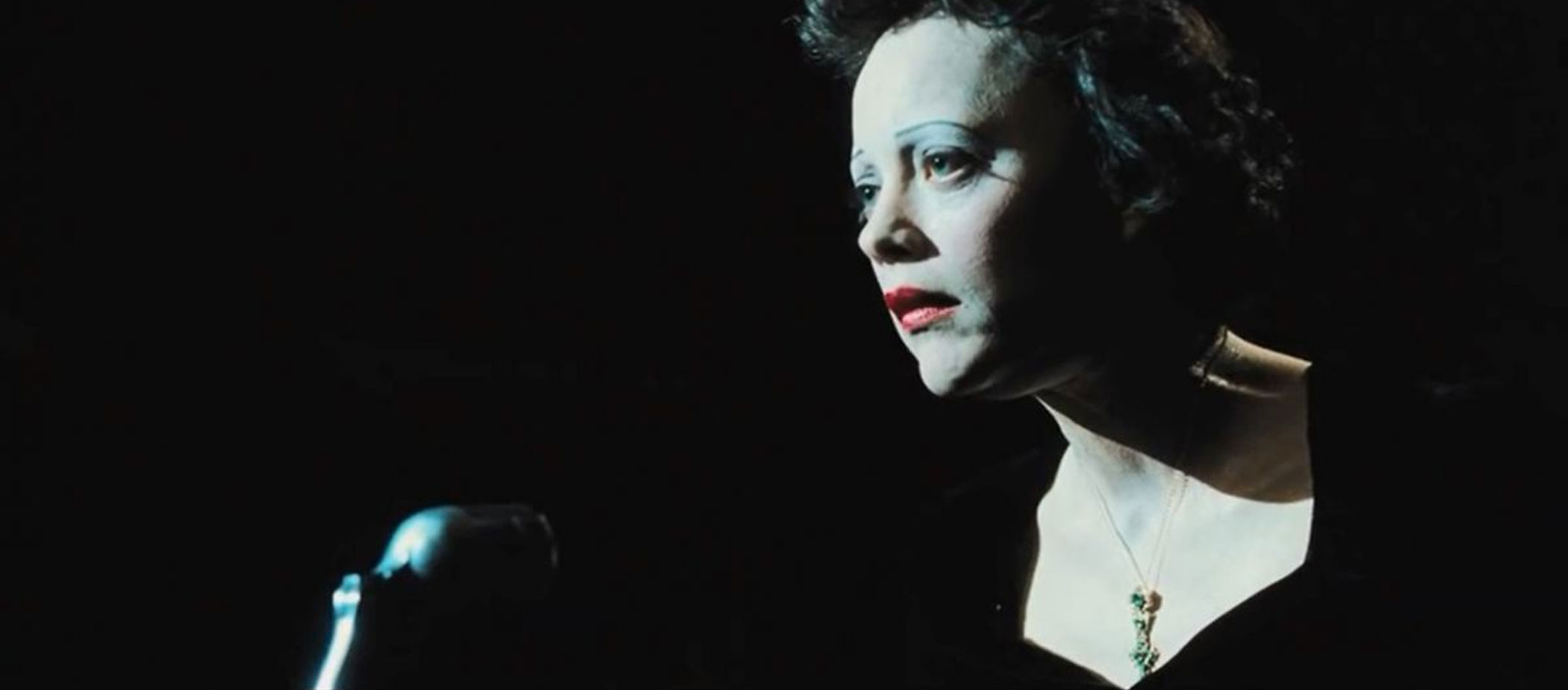
Cotillard, a relative unknown, beat nominees including Cate Blanchett and Julie Christie at the Oscars, making her only the second woman to win Best Actress for a foreign-language role. (The first? Sophia Loren.) The notion of an actor getting the gold for playing an iconic musician—in this case, Edith Piaf—is hardly novel; Reese Witherspoon and Jamie Foxx had already done so. But Cotillard’s commitment to the role was unique. She shaved her eyebrows and hairline for the role, later telling TIME: “I looked terrible, so my hat collection increased dramatically.”
Nine, 2009
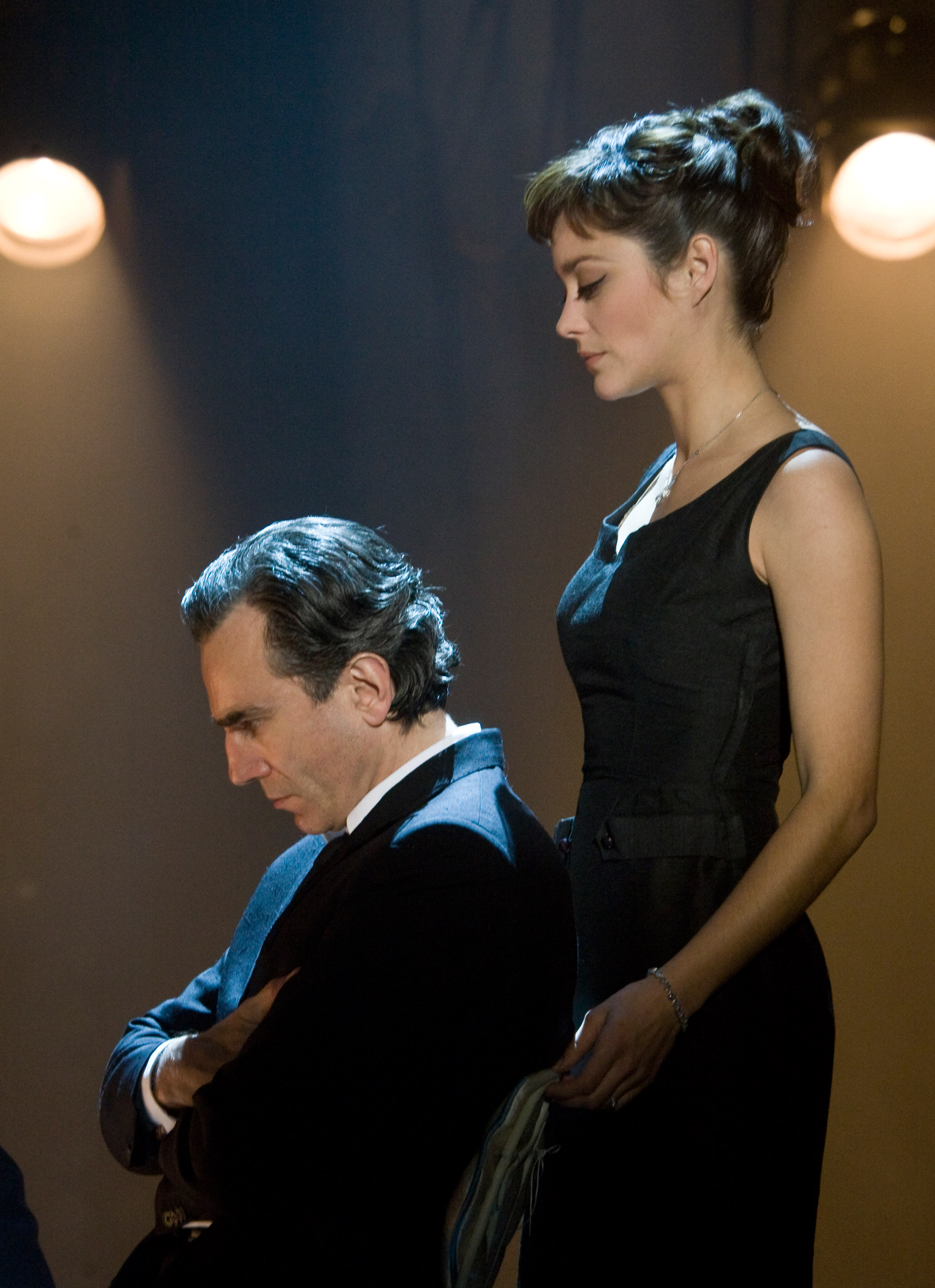
One of Cotillard’s first post-Oscar movies put her onscreen with several far more seasoned performers, including Nicole Kidman, Judi Dench, Sophia Loren, and Penélope Cruz. All were playing women in the life of Daniel Day-Lewis’s tormented film director, and each made a valiant attempt, in her respective moment in the film’s spotlight, to steal the movie away from her co-stars.
For all the movie’s campy theatricality, Cotillard ended up walking away with the film with “Take It All,” a simple, heartbreaking ballad about her broken marriage; the song was nominated for an Oscar, and Cotillard got her second of three Golden Globe nominations.
Inception, 2010
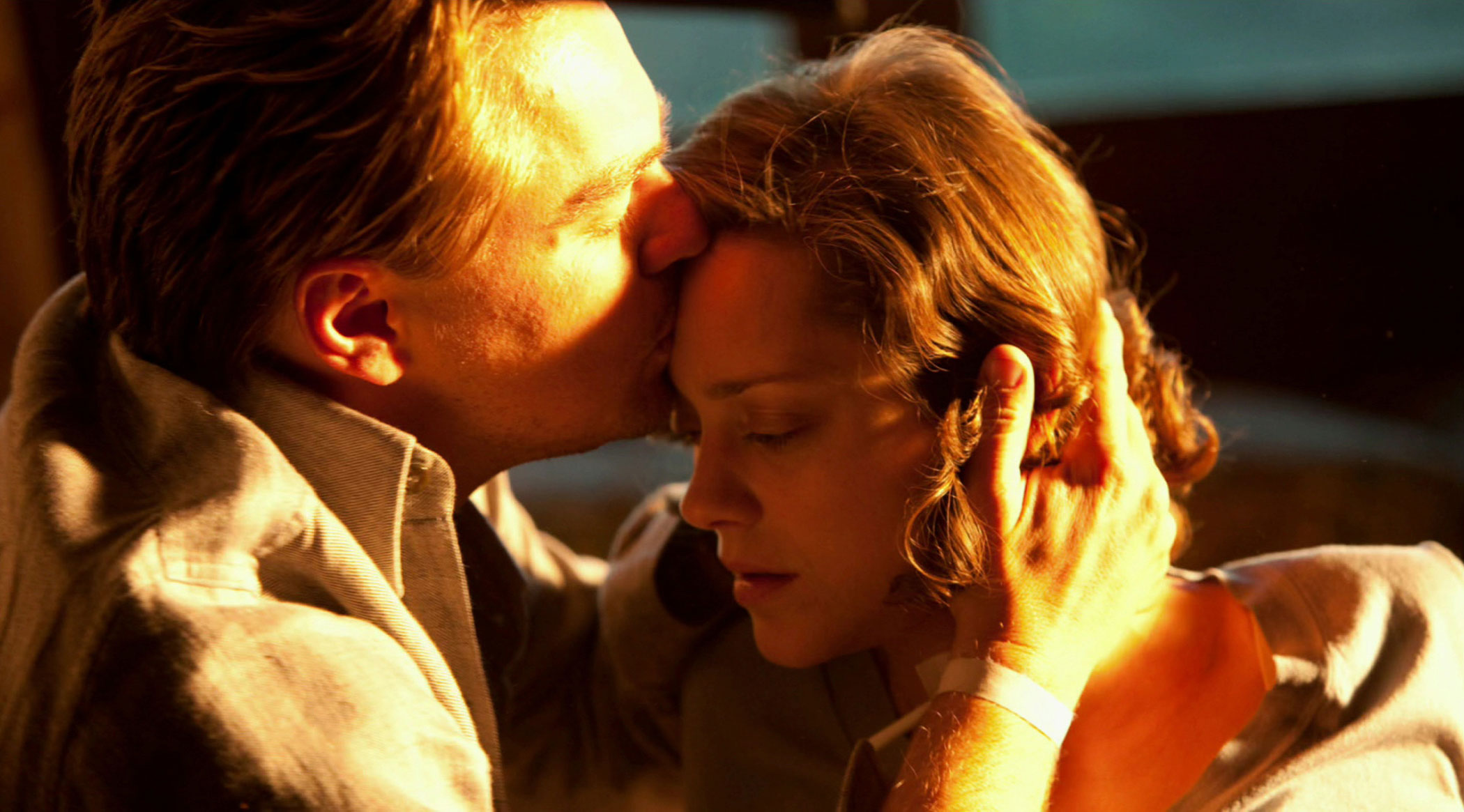
It was a surprise to see a rising star of highbrow cinema in a splashy summer blockbuster, and more surprising still to see just what Cotillard did with her tormented-diva role. As Mal, Cotillard was a mere projection of Leonardo DiCaprio’s memories. She also was alternately dangerous enough to represent the movie’s most substantial threat and seductive enough to keep audiences wanting more of her despite it all.
Contagion, 2011
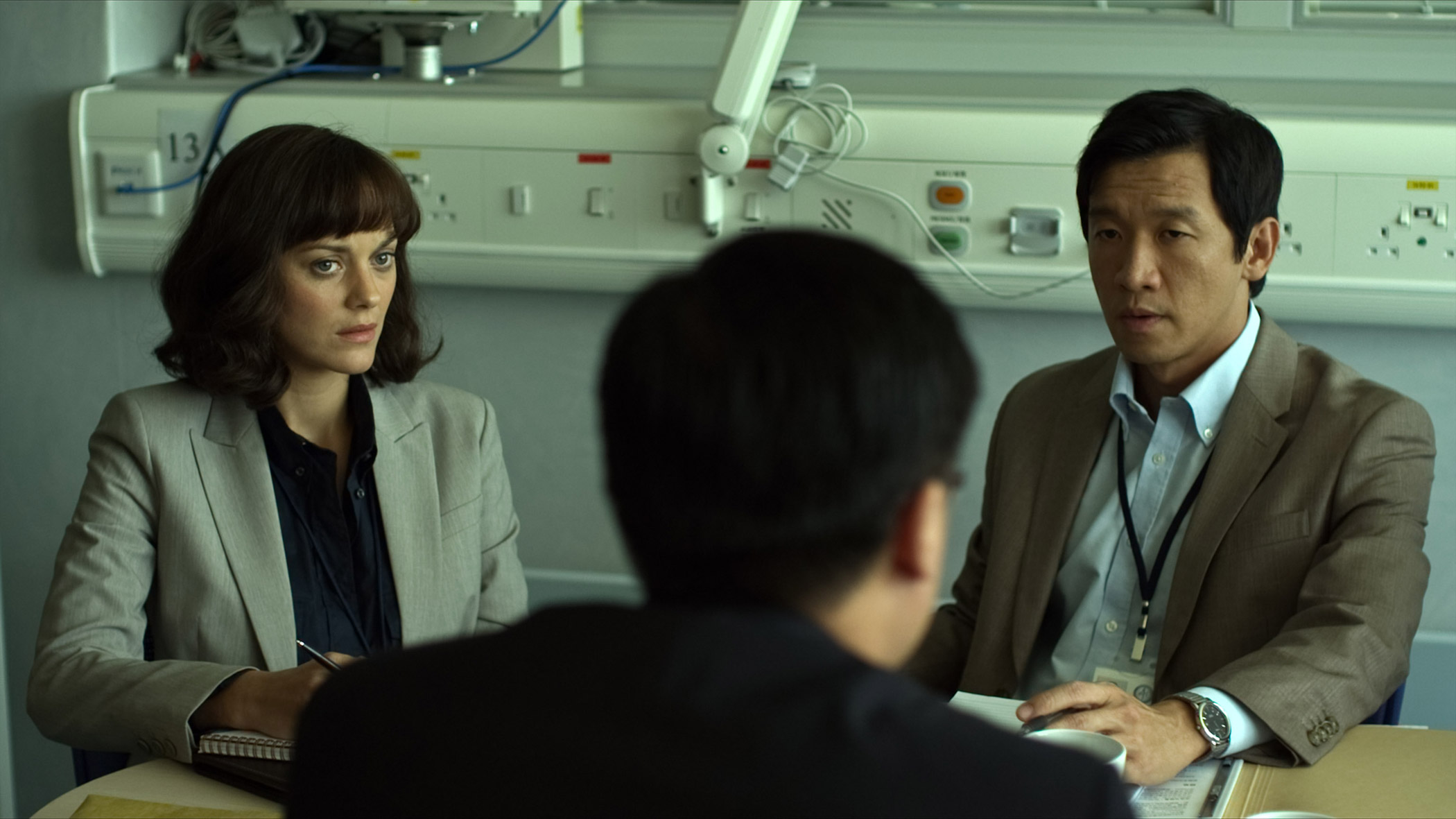
Another blockbuster, this one far-removed from the realm of fantasy. Contagion forced Cotillard to tamp down the more passionate and emotional aspects of her acting; playing a WHO doctor held hostage by a village desperate for a much-needed vaccine, Cotillard was tightly controlled.
The Dark Knight Rises, 2012
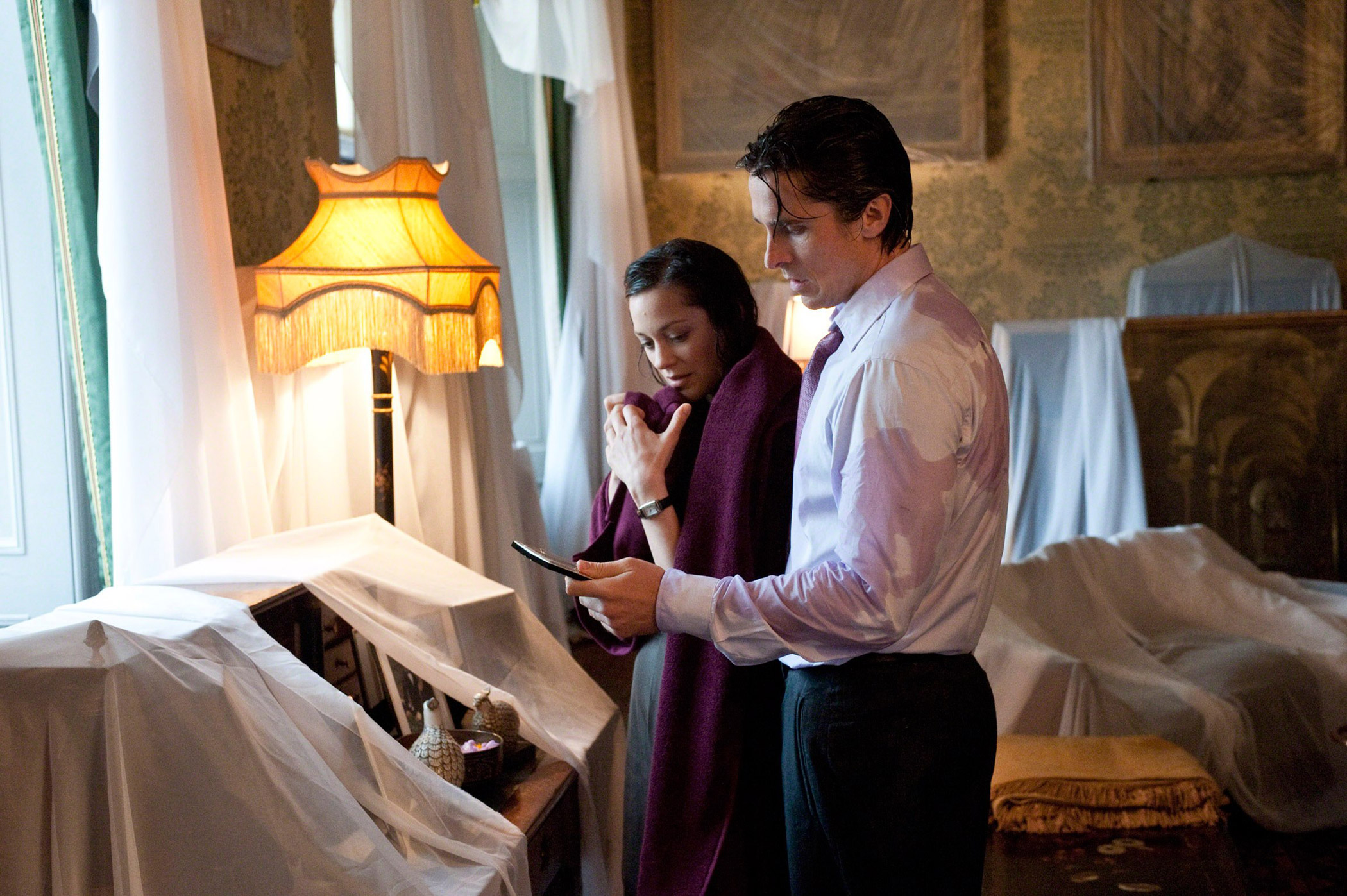
Cotillard’s mainstream period ended, for now, with The Dark Knight Rises, her second collaboration with Christopher Nolan. Cotillard’s character, with hidden motives and an aristocratic hauteur, differed wildly from Inception’s Mal; even working with the same commercially-minded director twice, she found totally new shades.
Rust and Bone, 2012

Perhaps other actresses could have done what Cotillard did, evoking tears instead of laughs as she dances with an orca to the strains of Katy Perry’s “Firework.” But none of them might have brought the viewer on quite such a journey to get to that point. In the French-language Rust and Bone, Cotillard gets fiercer than she’s ever been onscreen, as an embittered sea-life trainer who loses her legs when her orca turns on her, only to ultimately forgive herself.
That Cotillard returned to European art cinema after years as an in-demand Hollywood star is surprising; that she did so in a project quite so idiosyncratic, and that demands quite such a lengthy and baroque journey from desperation to “Firework,” is downright shocking.
The Immigrant, 2013
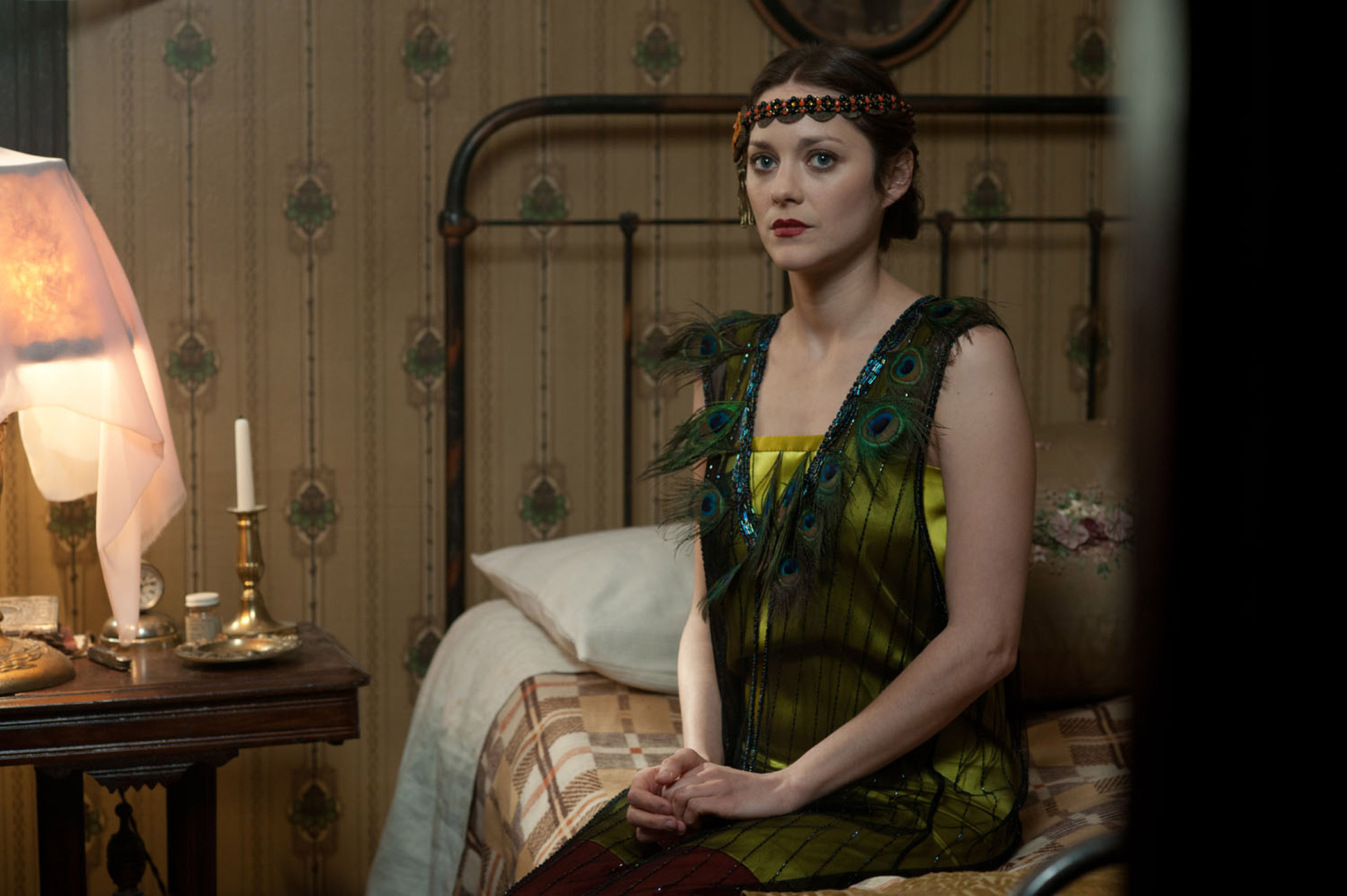
Cotillard put herself through the wringer once more playing a Polish woman who’s endlessly exploited when she comes to America. It’s a tragedy in which Cotillard, dragged through illness, pain, and prostitution, finds some small semblances of grace.
Two Days, One Night, 2014

The Dardenne brothers, a pair of Belgian social realists, never work with movie stars. Or, at least, they didn’t until Cotillard shed any last semblance of glamour and submitted to the rigorous emotional demands of their film. In Two Days, One Night, Cotillard is forced to beg her co-workers to support her continuing to work with them, even as her firing means they’d get bonuses.
From the film’s painfully of-the-moment economic concerns to its seriousness of purpose, it’s far outside the movieland mainstream. But not so far that Cotillard couldn’t get a surprise Oscar nomination for Best Actress, her second.
More Must-Reads from TIME
- Donald Trump Is TIME's 2024 Person of the Year
- Why We Chose Trump as Person of the Year
- Is Intermittent Fasting Good or Bad for You?
- The 100 Must-Read Books of 2024
- The 20 Best Christmas TV Episodes
- Column: If Optimism Feels Ridiculous Now, Try Hope
- The Future of Climate Action Is Trade Policy
- Merle Bombardieri Is Helping People Make the Baby Decision
Contact us at letters@time.com